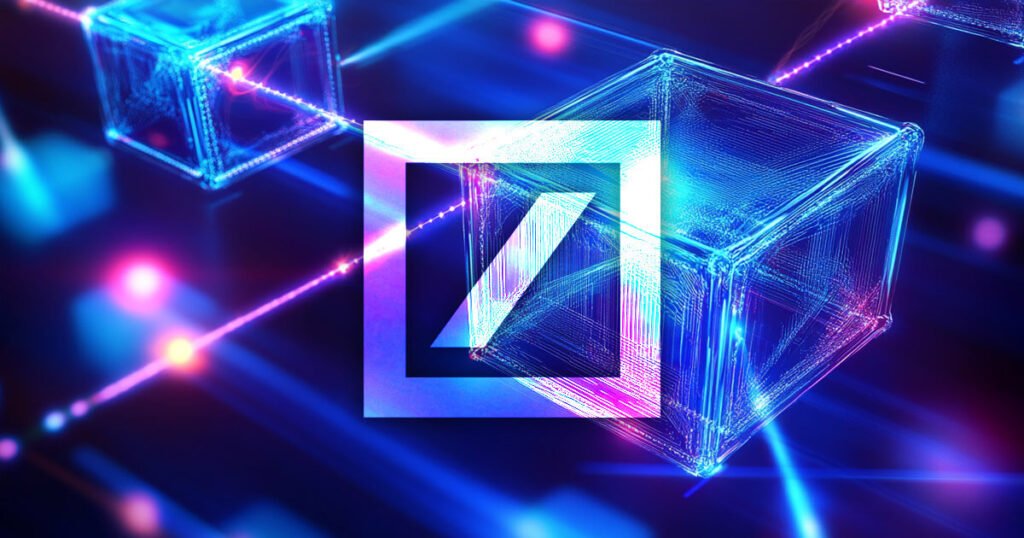is Deutsche Bank’s Project Dama 2, a layer-2 blockchain built on Ethereum to address regulatory hurdles in the financial sector. This project aims to streamline asset servicing and offer cheaper and more efficient transactions using zero-knowledge proof technology. With the help of crypto firms Memento Blockchain and Interop Labs, Deutsche Bank is working on developing this platform as part of the Monetary Authority of Singapore’s Project Guardian initiative.
Notably, traditional financial institutions like JPMorgan and Visa are also exploring blockchain-based solutions for asset servicing and tokenization. JPMorgan recently conducted its first transaction on a public blockchain as part of Project Guardian, while Visa is looking into tokenizing fiat currencies for traditional banks. In addition, giants in traditional finance such as BlackRock and Franklin Templeton have already tokenized money funds with a combined market cap exceeding $1 billion, indicating a growing trend of leveraging blockchain technology in the industry.
Public blockchains present significant efficiency for regulated lenders, with Ethereum being the preferred infrastructure due to its dominance in real-world asset tokenization. However, concerns around transaction validation, fees reaching sanctioned entities, and potential disruptions from blockchain hard forks pose challenges for financial institutions. Deutsche Bank’s approach of integrating a layer-2 blockchain allows it to connect to Ethereum while addressing some of these regulatory concerns by curating transaction validators and offering regulatory tools to ensure compliance.
Overall, the development of Project Dama 2 showcases the increasing interest of traditional financial players in harnessing blockchain technology for asset servicing and tokenization solutions. By leveraging the benefits of public blockchains while mitigating associated risks, institutions like Deutsche Bank are paving the way for a more secure and compliant blockchain ecosystem in the financial sector. With collaboration from industry partners and support from regulatory initiatives like Project Guardian, the future of blockchain technology in traditional finance looks promising.


